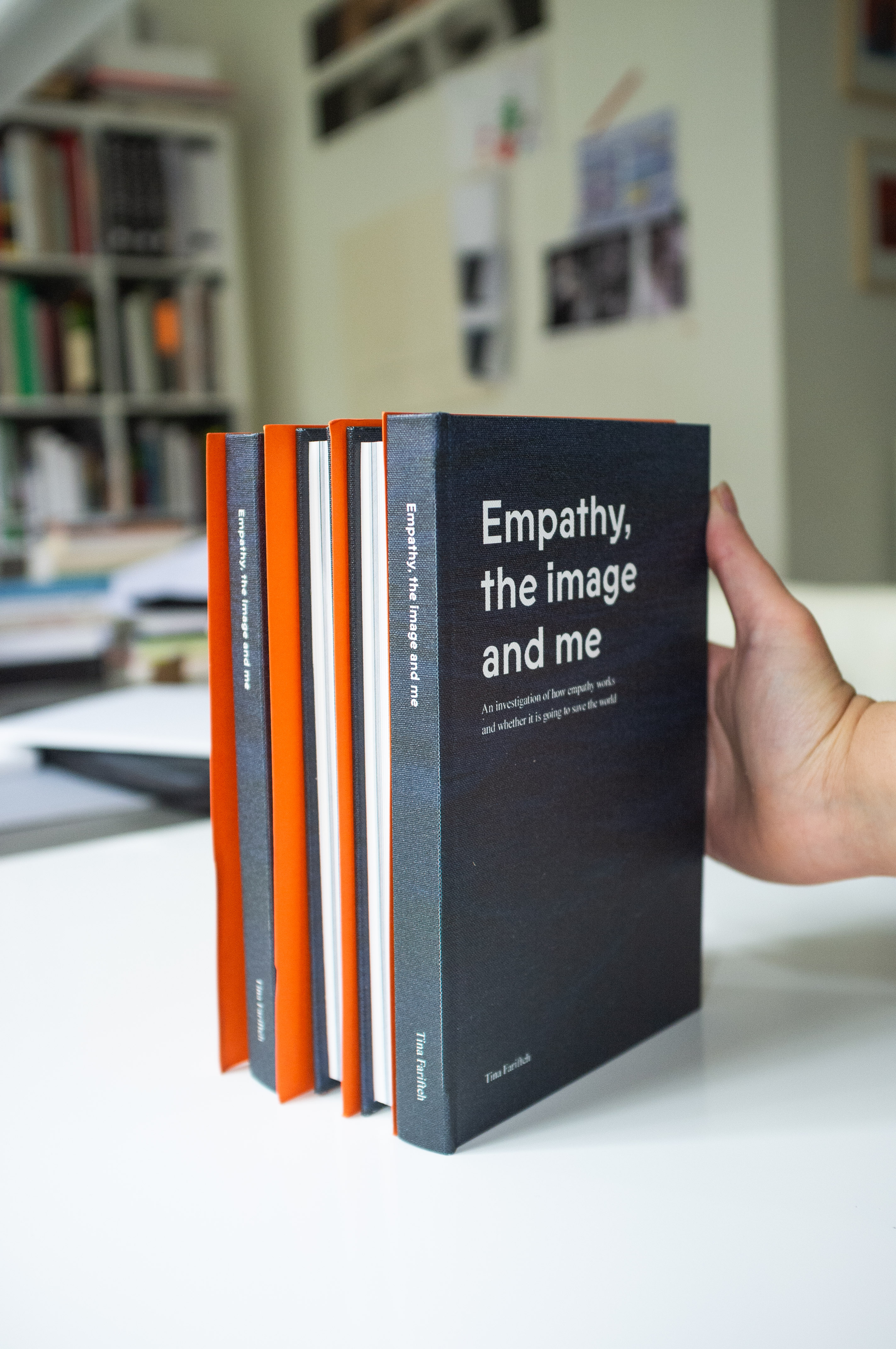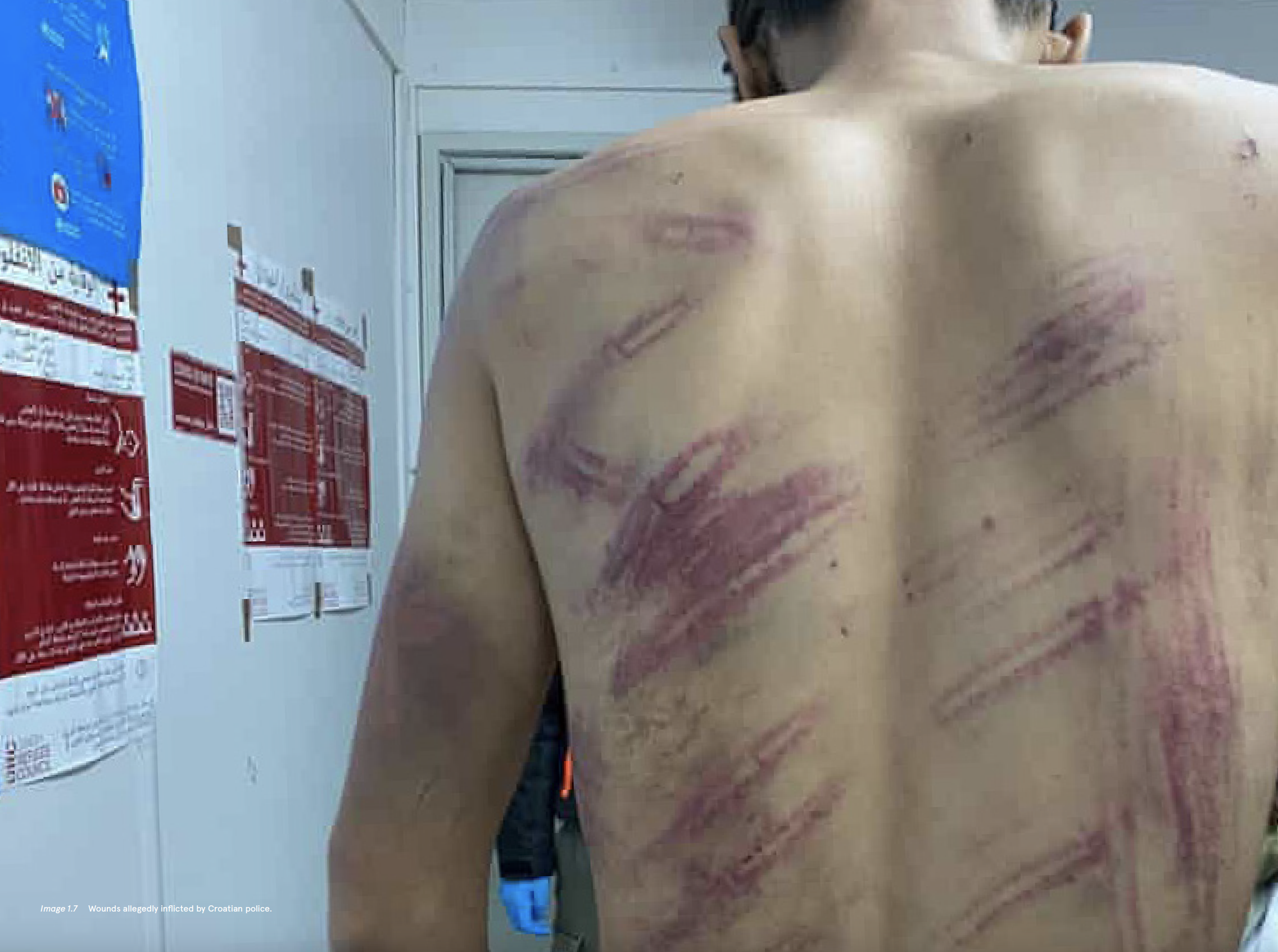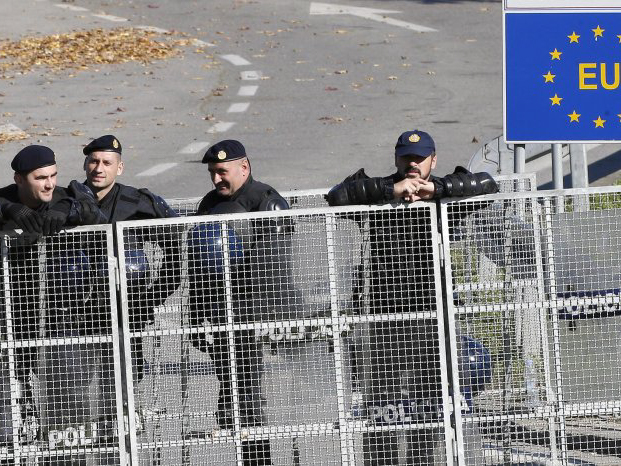Empathy, the image and me
2021
Thesis
Graduation thesis at Royal Academy of Arts The Hague
![]()
2021
Thesis
Graduation thesis at Royal Academy of Arts The Hague

Prompted by her intense personal response to the news of the devastating fire at the Moria refugee camp on Lesbos in September 2020, in this thesis Dutch-Iranian artist Tina Farifteh asks the question, what is empathy? And, more importantly, what is it good for? How does our response to images of suffering and devastation affect our attitudes and our ability to act?
Taking a deep dive into the evolution and science of empathy as a phenomenon, a human response and a purported beacon of hope in a suffering world, she examines the role of empathy, in particular in relation to “making the world a better place”, identifying the different types of empathy we humans can experience and what these can lead to. As Europe and the world continue to struggle with multiple humanitarian crises, exemplified by the ‘refugee crisis’ and how this is reported, Farifteh wonders whether empathy is indeed the panacea it is often held up to be, uncovering in the process some darker sides to this usually universally applauded human trait.
Empathy is a precious resource, but it is not perfect. Farifteh believes that despite its shortcomings, it is however indispensable. “Empathy could be the trigger. The spark. The start. To pay attention, to look, to see the pain, to recognize injustice, and to care.”
Empathy, the image and me
Prompted by her intense personal response to the news of the devastating fire at the Moria refugee camp on Lesbos in September 2020, in this thesis Dutch-Iranian artist Tina Farifteh asks the question, what is empathy? And, more importantly, what is it good for? How does our response to images of suffering and devastation affect our attitudes and our ability to act?
2021
Thesis
Graduation thesis at Royal Academy of Arts The Hague
![]()
Prompted by her intense personal response to the news of the devastating fire at the Moria refugee camp on Lesbos in September 2020, in this thesis Dutch-Iranian artist Tina Farifteh asks the question, what is empathy? And, more importantly, what is it good for? How does our response to images of suffering and devastation affect our attitudes and our ability to act?
Taking a deep dive into the evolution and science of empathy as a phenomenon, a human response and a purported beacon of hope in a suffering world, she examines the role of empathy, in particular in relation to “making the world a better place”, identifying the different types of empathy we humans can experience and what these can lead to. As Europe and the world continue to struggle with multiple humanitarian crises, exemplified by the ‘refugee crisis’ and how this is reported, Farifteh wonders whether empathy is indeed the panacea it is often held up to be, uncovering in the process some darker sides to this usually universally applauded human trait.
Empathy is a precious resource, but it is not perfect. Farifteh believes that despite its shortcomings, it is however indispensable. “Empathy could be the trigger. The spark. The start. To pay attention, to look, to see the pain, to recognize injustice, and to care.”
2021
Thesis
Graduation thesis at Royal Academy of Arts The Hague


















